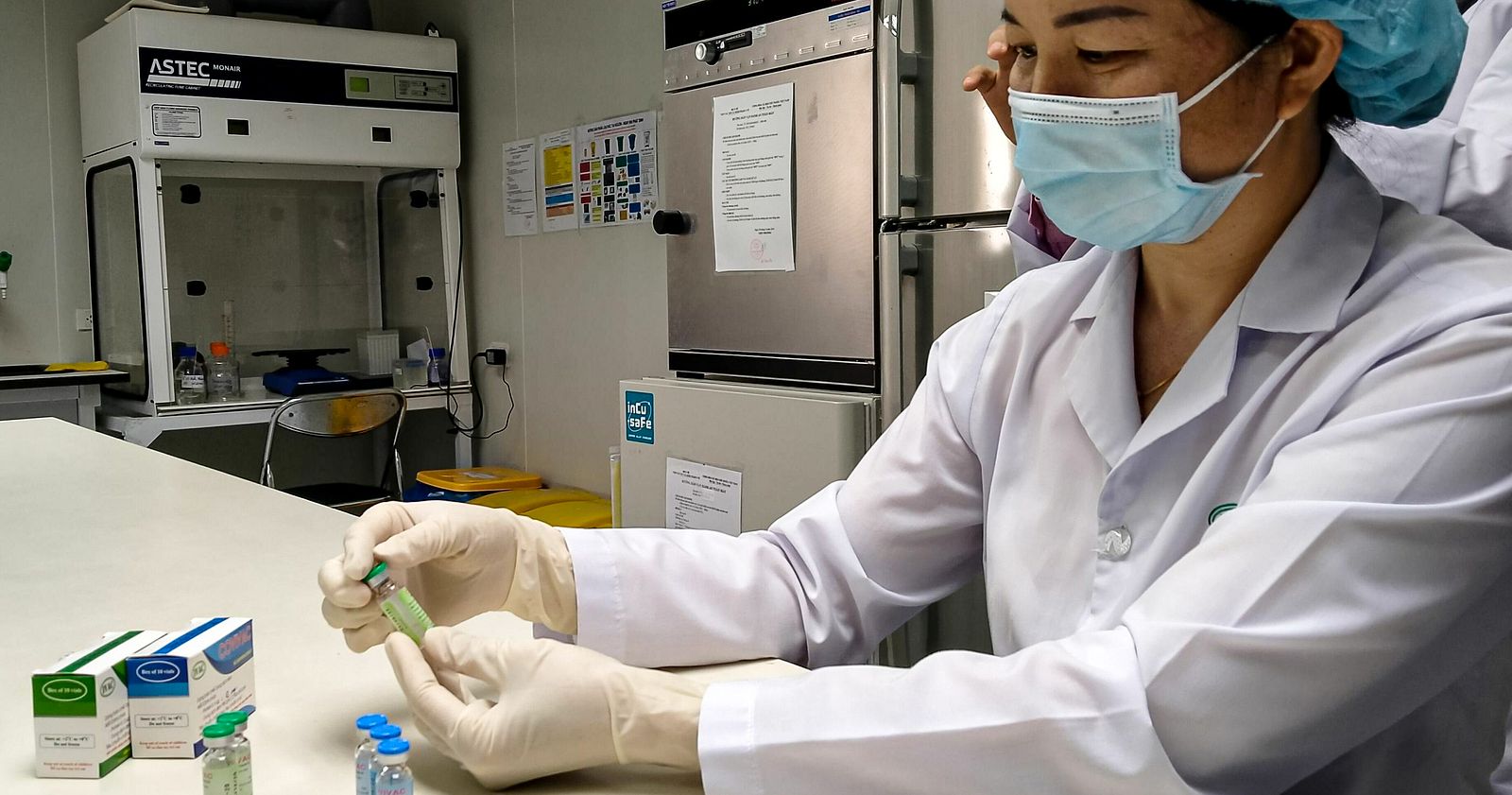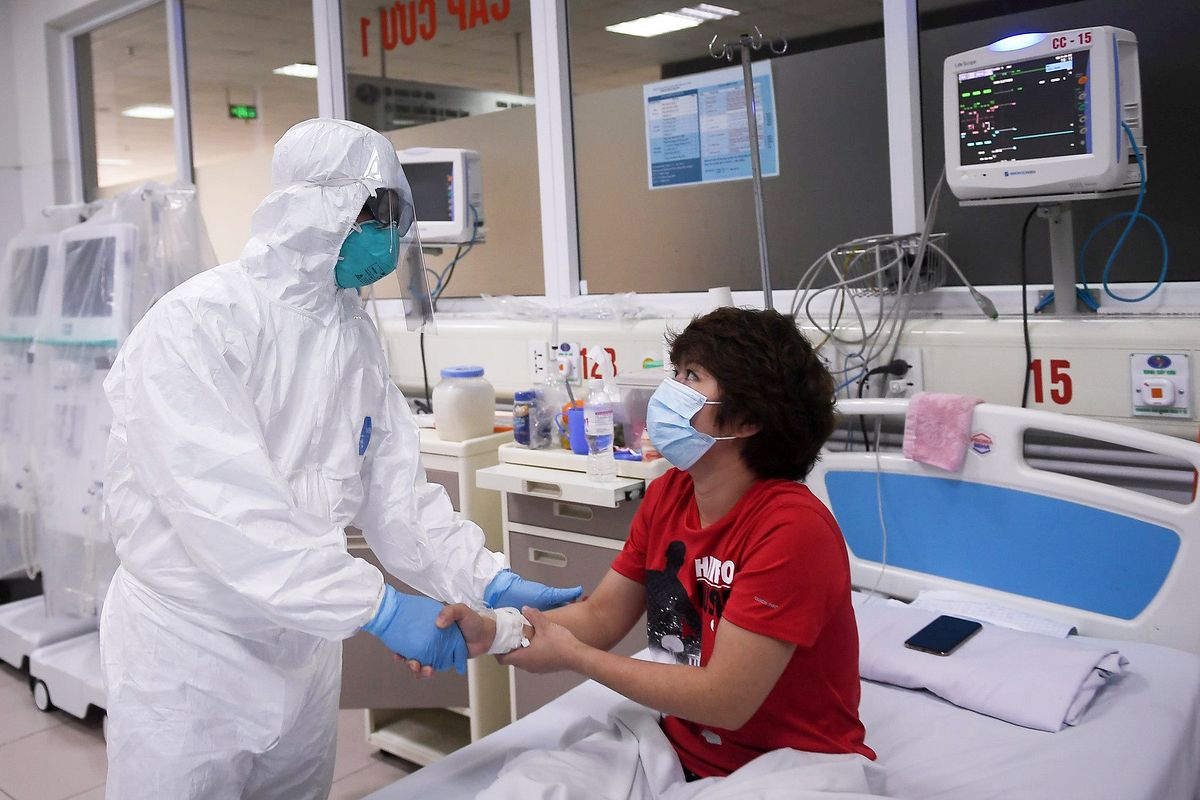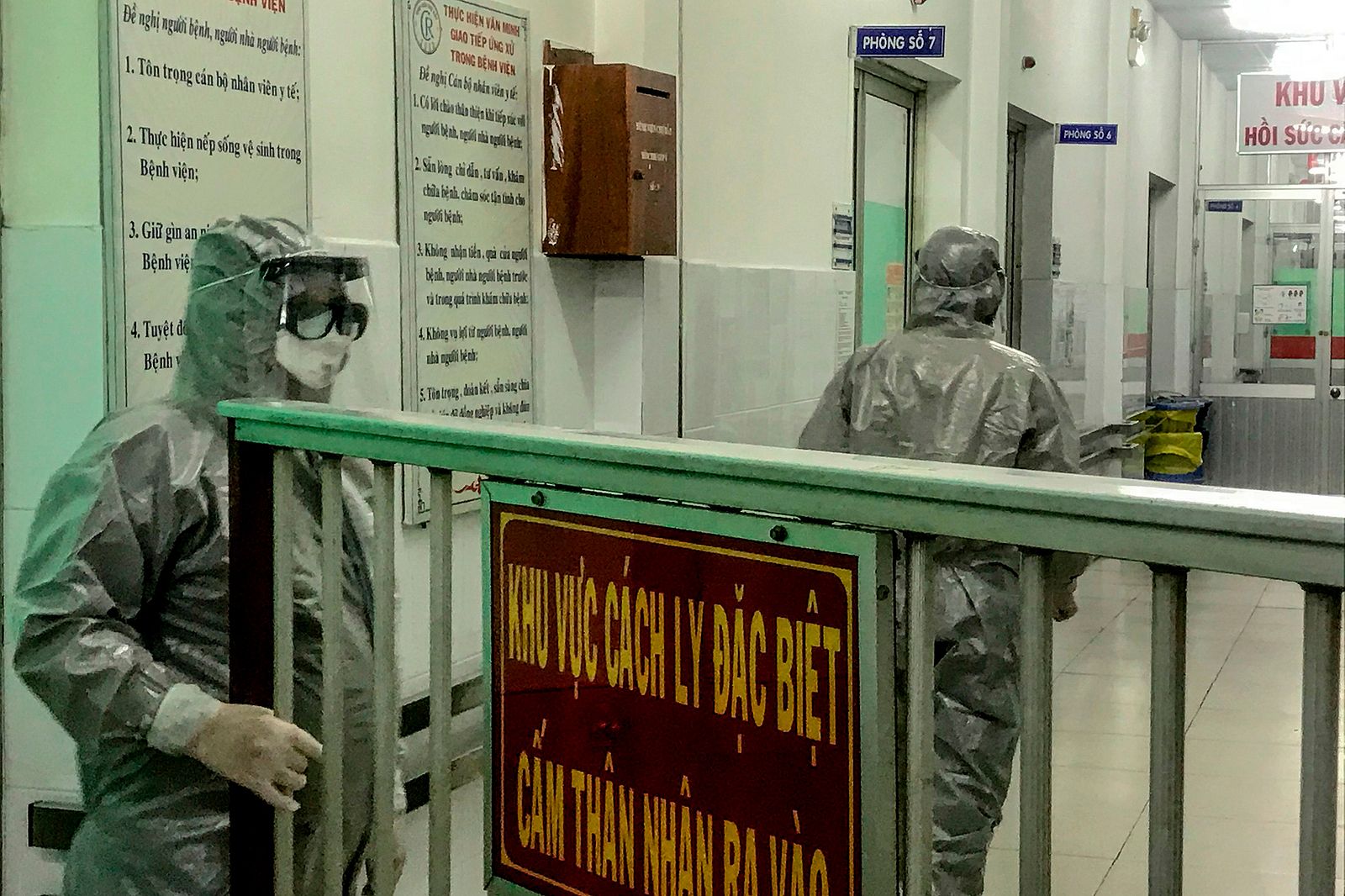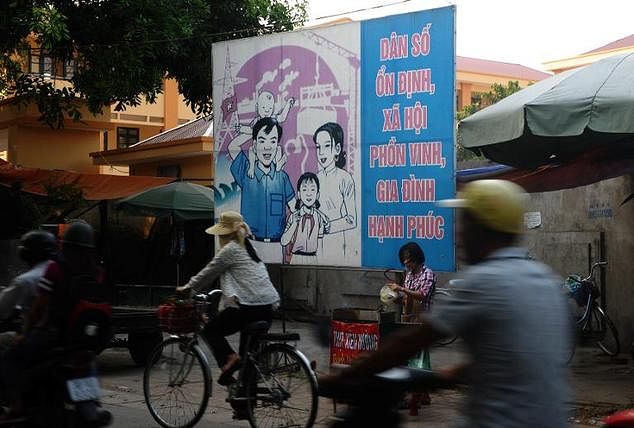New Vietnamese health insurance regulations which went into effect yesterday will make potentially life-saving medicine out of reach for many low-income patients. And things are only going to get worse.
According to the Health Department’s new list of medicines subsidized by the state, hepatitis, cancer and arthritis medicine subsidies will drop to 30-50% from 50-100%, reports Thanh Nien.
Many of the treatments, which cost up to thousands of US dollars per month, will mean that many face a dire situation:
“The medicine is very good, but it’s also very expensive. Without the subsidy, you would have to sell your house, and if you don’t have a house, you can just wait to die,” one cancer patient at Hanoi’s Huu Nghi Hospital told the paper.
Though the policy change was made at a meeting between ministry officials, expert doctors, and officials at the Social Insurance Agency and the University of Medicine, nobody wants to take credit for them, with social insurers and the Health Ministry pointing fingers at each other for the cuts.
A Health Ministry official said that the social insurers were worried that continuing the subsidies would bankrupt the state fund, even though it has operated at a surplus since 2010.
Hospital officials, such as Dang Huy Quoc Thinh, Deputy Director of Ho Chi Minh City Tumor Hospital,said they were taken off guard by the news and hadn’t received any official statements from the state insurance authorities. Thinh added that “the new policy will cause public outrage, because it will affect many lives.”
While the subsidy cuts are a cause for immediate concern, they may be a cautionary tale for the impending Trans Pacific Partnership.
If signed, the cost of many drugs will skyrocket in Vietnam as TPP provisions would restrict the use of generic drugs, according to a leaked draft of the agreement. Many see this as way to protect the profits of large pharmaceutical companies.
“The US claims to promote human rights and dignity yet promotes profits over life. Such a policy cannot be justified. It is done for the benefit of the all-powerful pharmaceuticals,” Dennis McCornac, a professor of economics at Loyola University in Baltimore (Maryland), told Thanh Nien in October.
Stephanie Burgos, a senior policy advisor for Oxfam America agreed with McCornac’s assertion:
“If Vietnam is required through the TPP to introduce excessive intellectual property protections that will expand the monopoly power of the pharmaceutical industry, this problem will only get worse and Vietnam will be deprived of policy tools that can be used by the government to promote generic competition and make new medicines more affordable."














